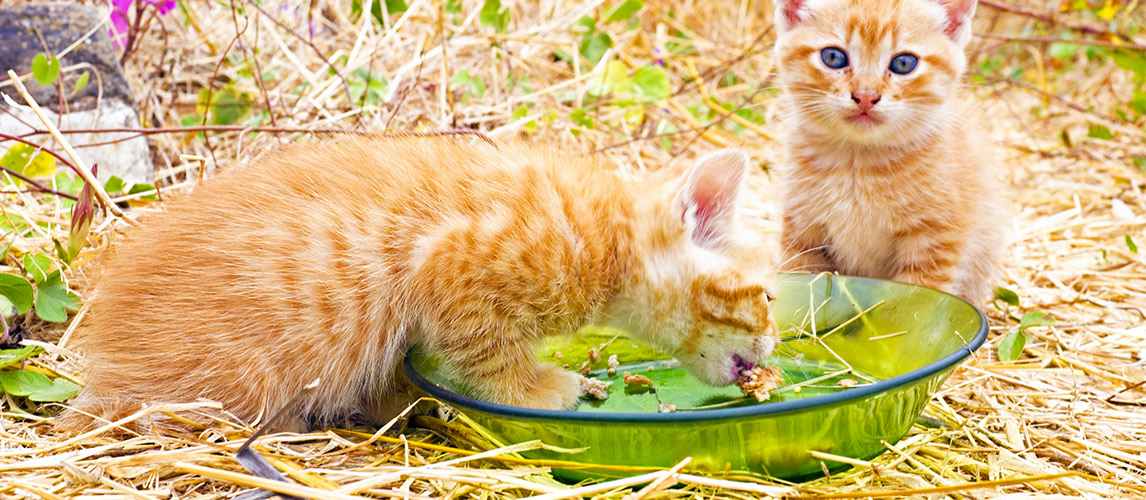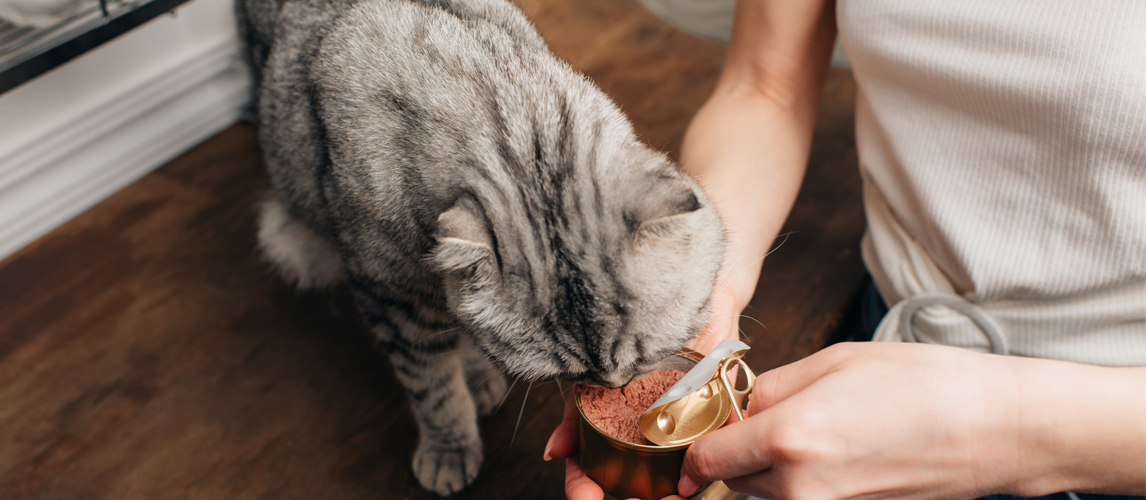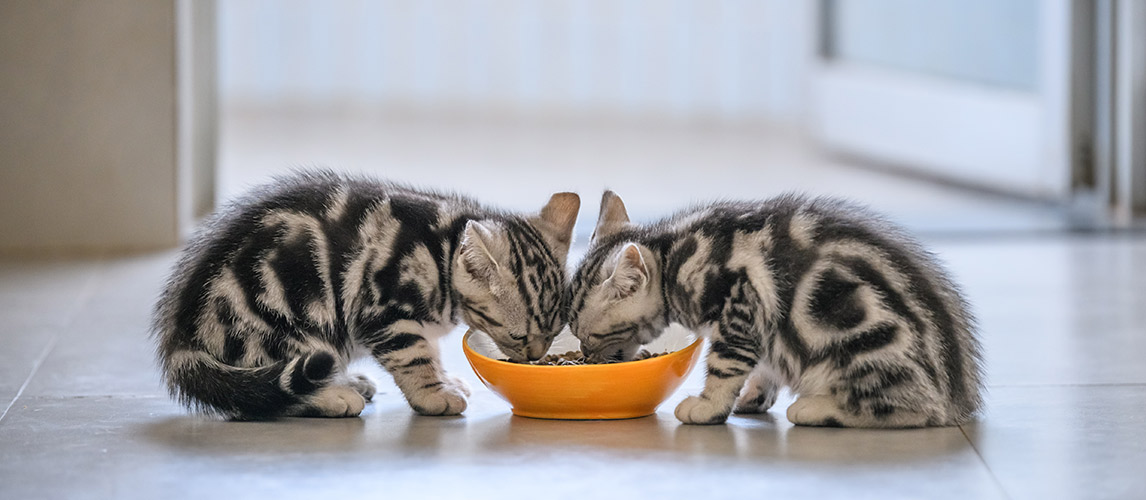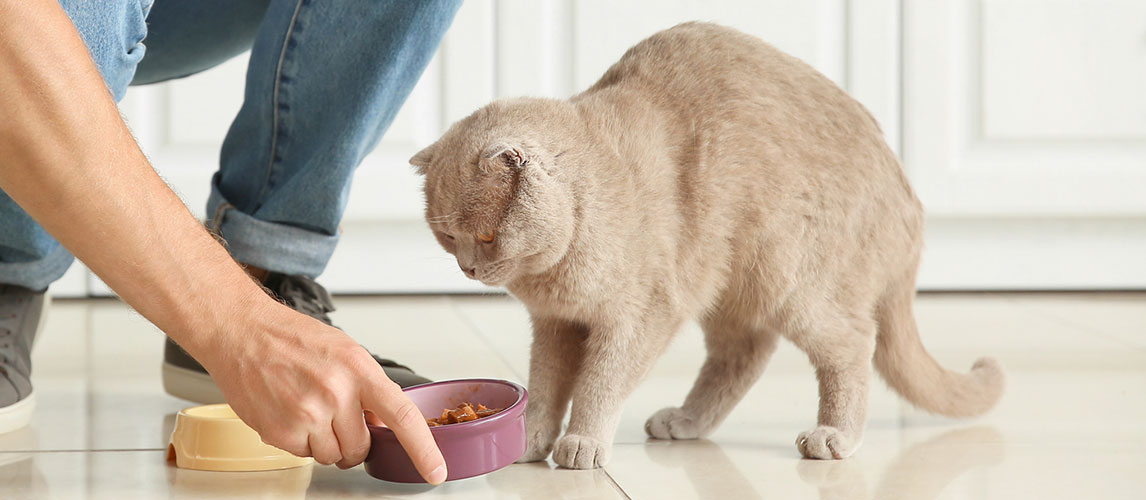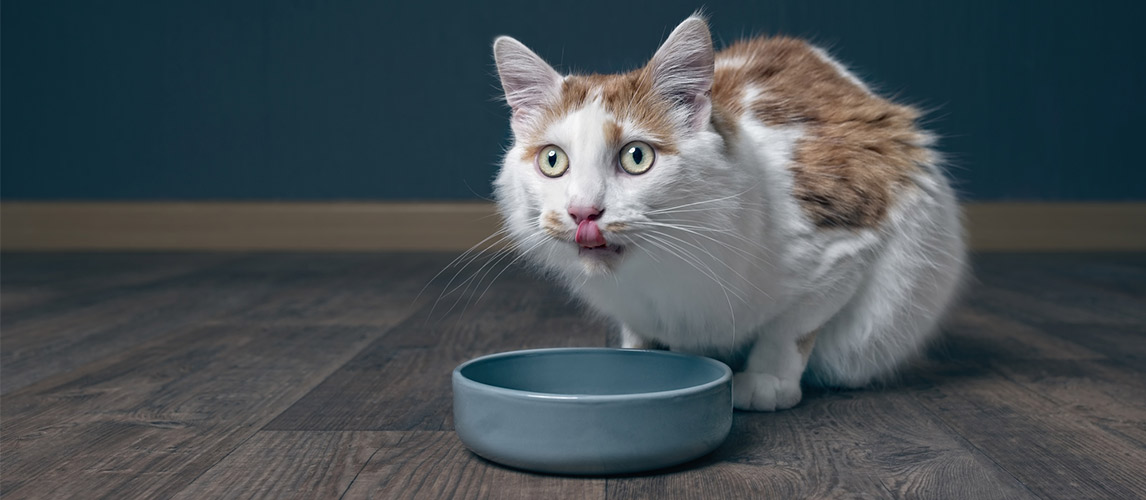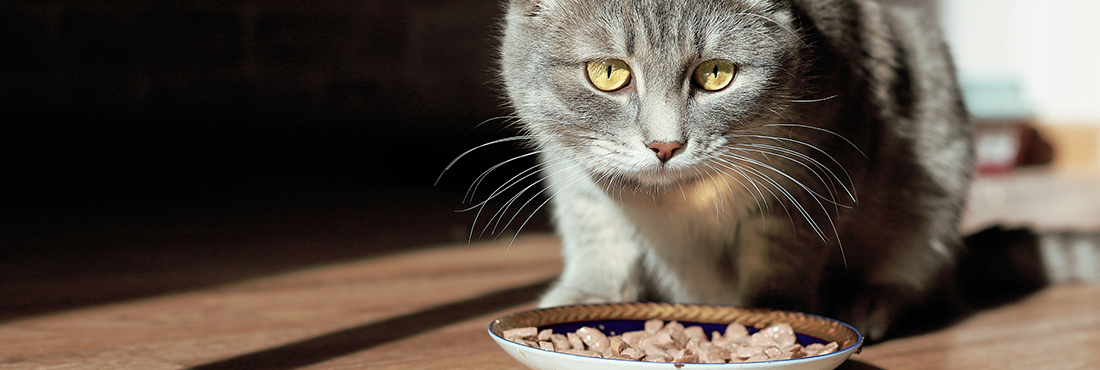Avocados, sometimes known as alligator pears due to their dark, rough outer texture, have brought joy to many fitness and health fanatics. Not only do they taste good but they are an incredible source of vitamins, fiber, protein, and even healthy fats. They are proven to be an excellent source of nutrition for us humans. So if they’re so good for us, are avocados good for cats? Moreover, is it safe for them to eat avocados?
Whether your cat has taken avocado sneakily from your plate or if you’re simply wondering if they have any health benefits for your kitty companion, we have all of the answers below and then some. Read on to find out more about feeding your cat avocado.
Can Cats have Avocado?
In essence, yes. Cat’s can eat avocado as long as it is the meat alone and not other parts such as the avocado pits or skin. Avocados are a fruit loaded with nutritional benefits, some of which can aid your cat’s health and not just yours.
Healthy Fats
Despite what some may think, good fats do exist. Avocados are mostly made up of monounsaturated and polyunsaturated fats that have a powerful anti-inflammation effect. Improved coat and skin condition, as well as a strong heart, are amongst the health benefits of these fats.
Note: Although avocados primarily contain healthy fat it’s important to only feed cats small amounts of the fruit.
Antioxidants, Vitamins, and Minerals
Antioxidants are essential in a cat’s diet as they will boost the immune system and help to maintain a healthy heart. Avocados also contain beta-carotene which will support eye health and help to maintain good vision.
Lycopene is also found in avocado fruit and is known to have potential benefits. This antioxidant is said to prevent cells from damage as a result of illness, stress, or aging.
Fiber
Avocados are also a great source of fiber and can help aid digestion. A natural form of dietary fiber can help cats fight constipation and other digestive ailments.
Protein
Rich in amino acids, avocados are high in protein which is crucial for cats and humans alike. Protein not only supplies the body with energy but also supports muscle development, organ function, and immunity.
Do Cats Like Avocado?
All being said, cats can be fussy creatures so if you’re thinking of feeding avocado to your cat make sure they try a small amount first. Some cat owners say that their felines love avocado whereas others say their cats are not a fan.
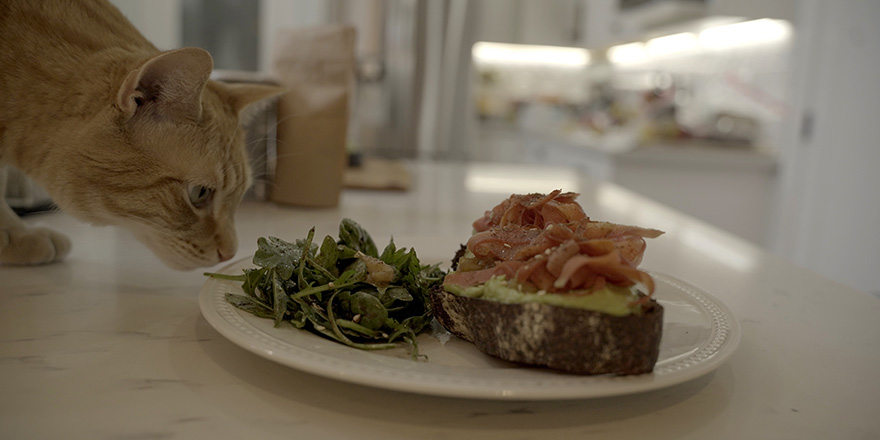
Are Avocados Dangerous for Cats?
Whereas the avocado flesh is perfectly safe to eat, there are some pieces of avocados that you should avoid completely. These parts aren’t generally eaten anyway however it’s important to understand why it’s necessary that you dispose of them quickly.
These pieces contain a compound known as Persin which can be somewhat harmful to your cats (and dogs too). So when preparing an avocado, it’s vital that these pieces are disposed of immediately to reduce the risk of your cat eating or chewing them.
What is Persin?
Persin is an organic compound found naturally within avocados that can be potentially harmful to cats if ingested in high doses. Cats and dogs can be at mild risk of gastrointestinal upset if Persin enters their systems however other animals such as guinea pigs, birds, and rabbits are at a much larger risk as it is extremely toxic to them. Avocado toxicity also affects large animals such as horses and cows.
Fortunately, this compound is not found in the avocado flesh which means it’s perfectly safe to eat.
Avocado Pieces To Avoid Feeding Your Cat:
- Avocado pit/avocado seed
- Avocado skin
- Avocado leaves
- Avocado stem
Not only can these pieces seriously upset your cat’s stomach, but they can also be a dangerous choking hazard. Pits, and even pieces of avocado seeds, can also cause a harmful intestinal blockage therefore you must always keep avocado discards safely away from your pets.
Can Cats have Avocado Oil?
Avocado oil contains a lot of the same benefits as the flesh or meat of an avocado and is generally safe for cats to eat. Having said that, the oil has been known to contain trace amounts of avocado seeds which contain a level of Persin so they can only have small amounts.
Can Cats have Guacamole?
It is not recommended that cats eat guacamole as this contains other ingredients that can cause stomach upset or other health issues. Onions and garlic are highly toxic to cats and are often prime ingredients used when making guacamole.
If you want to know more about what human food a cat can or can’t eat, take a look at our article available here.
When Cats Should Avoid Avocados
Since large amounts of avocados or exposure to pieces containing Persin can cause an upset stomach or worse, it’s recommended that you avoid feeding avocados to cats with more sensitive stomachs. Any cats with diagnosed stomach conditions should also not be given any of the fruit as they could be at risk of pancreatic inflammation returning. This is because avocados contain a high-fat content and may exacerbate the issue and cause further distress.
You should also avoid feeding kittens avocados as they are underdeveloped and will struggle to process them. Senior cats may also not be able to process an avocado as efficiently as adult cats as they are likely to develop sensitive stomachs in their old age.
If you have any concerns or want more advice about whether or not you can feed your cat avocados, consult your vet.
What To Do If Your Cat Eats Too Much Avocado
Too much of something can be bad and the same rule applies when cats eat avocados in large amounts. Although these delicious fruits are full of healthy fats, protein, and vitamins the abundance of these components can put stress on your cat’s stomach. As a result, they can develop painful inflammation of the pancreas. If you notice any of the signs below you must contact your vet immediately. Owners can also contact the Pet Poison Helpline for pet care help and advice.
Signs Your Cat May Have Eaten Too Much Avocado:
- Diarrhea
- Breathing difficulties
- Stomach pain
- Inability to swallow /difficulty swallowing
- Swelling
- Vomiting
- Fever
- Higher heart rate
Pet Insurance and Pet Care Advice
As a cat lover, it’s important to make sure you and your feline friend are covered if the worst should happen. Always make sure you have suitable pet insurance in case your treatments are more than you could anticipate.
If you’re a person with a thriving garden and a curious outdoor cat, it may be worth avoiding growing an avocado tree. Alternatively, find ways to keep your cats and other pets from approaching existing avocado trees due to the Persin content contained in the avocado skin.
As a cat owner, it may also be necessary to check your current cat foods ingredient list as some already contain avocado. If this is the case, you may want to reconsider feeding them additional avocado fruit or talk to your vet for advice.
In addition to this, some sources claim that the potency of Persin differs depending on where the avocado is sourced from. For example, it is said that Guatemalan avocados contain a higher level of Persin than avocados from other regions.
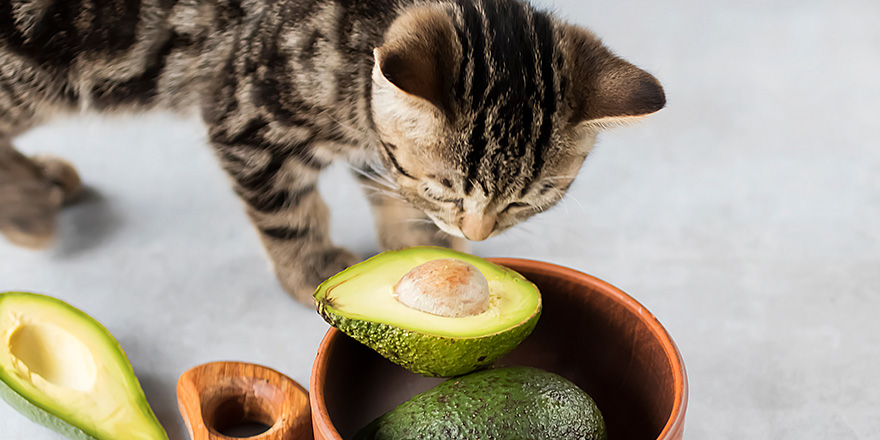
How To Safely Feed Avocado To Cats
Avocado shouldn’t be incorporated heavily into your cat’s diet, nor should it be a daily treat or replace cat food overall. Instead, avocado should be reserved as a once-in-a-while delicacy.
Pet parents can either serve thinly sliced avocado meat pieces to their cat or add small, chopped amounts to their wet or dry food. Alternatively, owners can add drops of avocado oil to the cat food if they want their cats to receive the healthy benefits without them having to feed them the avocado fruit flesh.
How Much Avocado Can I Give to My Cat?
As mentioned previously, the high fat and protein content of an avocado can cause minor stomach distress or even cause previous gastrointestinal issues to reoccur or become worse. When feeding avocado to your cat, only give them small cut-up pieces or a couple of drops of avocado oil in their food.
Bottom Line – Can Cats Eat Avocado?
When a cat eats avocado – it’s perfectly safe as long as they haven’t ingested the peel, seed, stem, or leaves of the fruit itself. Although the Persin may not be life-threatening to dogs and cats they can still cause harm to their stomachs which is why these parts should be disposed of as soon as possible. Otherwise, small quantities of the well-known alligator pear can provide additional vitamins to your cat’s food.


